Do you have trouble sleeping sometimes? You probably know that your diet contributes to your overall health, but did you know that it can also affect your sleep, both negatively and positively?
To select foods that can affect your sleep in a good way, you might want to think about what your particular sleep problem is. Some people have difficulty falling asleep, unfortunately, while others can’t seem to stay asleep. And many people find they seem to sleep through the night, but the quality of their sleep is poor.
Here’s a look at ten foods to help you sleep that can address some of the issues raised above. Try some of these foods to help sleep deprivation and feel good throughout your waking hours.
10 foods help sleep deprivation
Fish
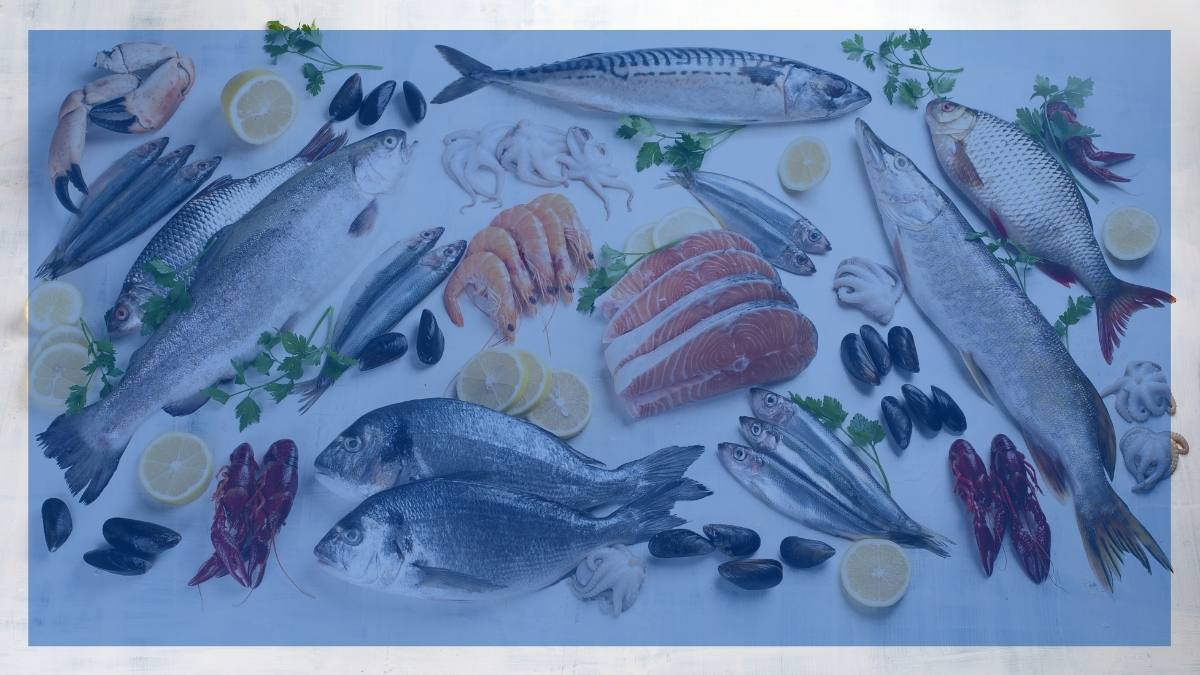
Fish is excellent for you for many reasons, but if you have sleep problems, it can be a top pick to give you a good rest. Fish varieties like salmon and tuna are pretty high in vitamin B6, which your body needs to produce melatonin, which is a hormone that helps you fall asleep when the dark weather outside.
Besides, fish contains tryptophan, the same chemical that’s naturally in turkey that makes you fall asleep after a big Thanksgiving meal (all that pie doesn’t hurt either). To maximize your brain’s absorption of tryptophan, combine your fish with carbohydrates, like rice or noodles.
Green Leafy Vegetables
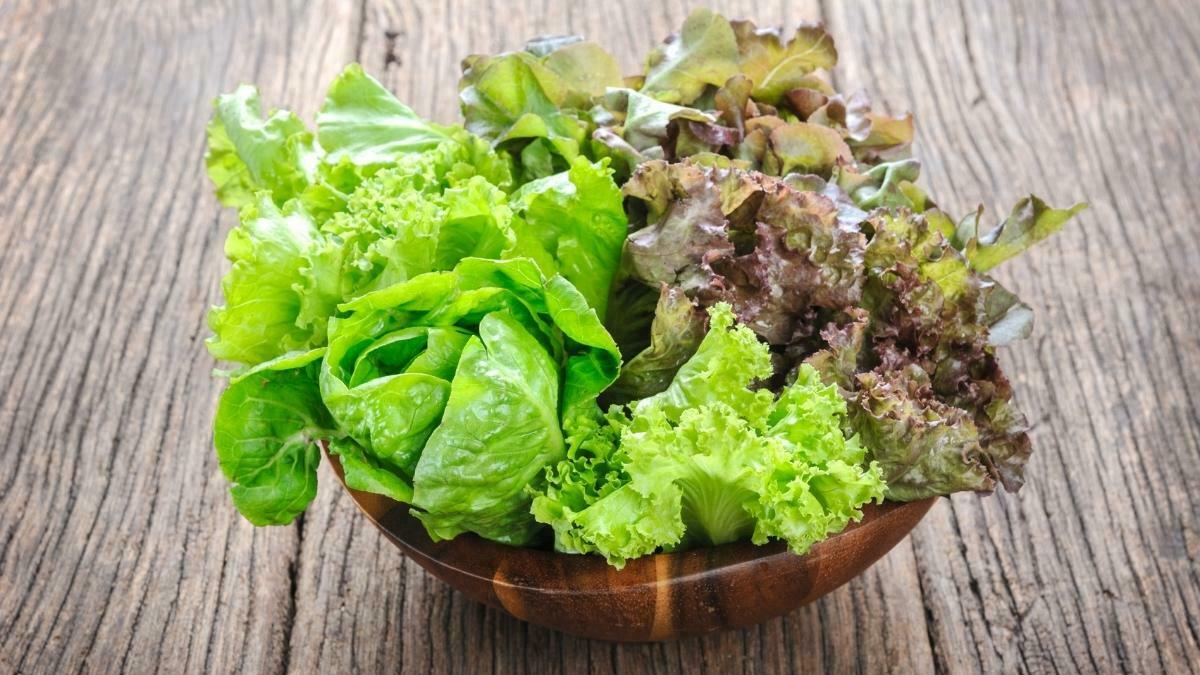
Calcium can also help you sleep easier by helping the brain produce melatonin. While you keep getting calcium from dairy products, dairy fat and calories can add up. Instead, look to green leafy vegetables for your natural calcium. Favorite garden products like kale, collard greens, spinach, and lettuce are easy to grow for yourself, so you have a ready supply and can even grow organically. Here’s a bonus with lettuce: it also contains lactucarium, a naturally sedating substance to enhance your sleep further.
Whole Grains
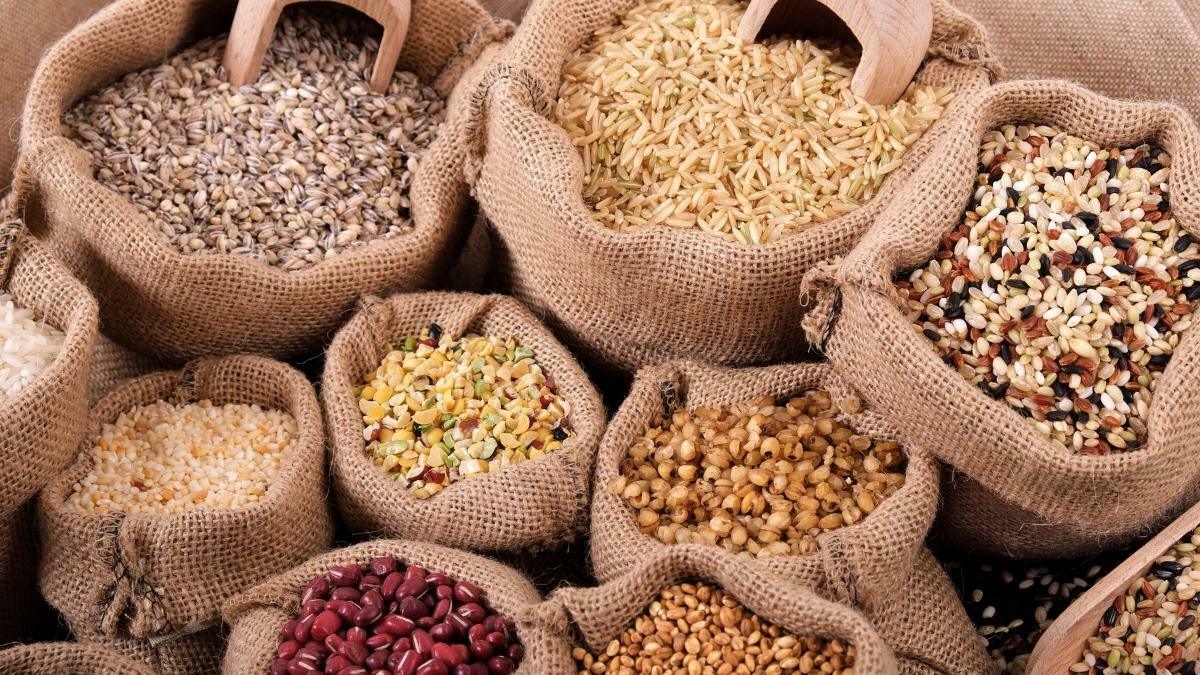
In addition to calcium, magnesium is necessary to produce that much-needed melatonin. A great place to get magnesium is from whole grains. In addition to whole grain bread, you can try oatmeal at breakfast or quinoa at dinner for a tasty alternative to other starches.
Nuts
Drop some almonds in that bowl of oatmeal; nuts contain melatonin too. Whip up a batch of whole-grain pasta and add some sun-dried tomatoes (see below) and walnuts in an olive oil dressing. Walnuts not only have melatonin, but they are also a top source of tryptophan as well–even more than turkey or elk, which has twice the tryptophan of turkey.
High GI Snacks
While foods that spike your insulin levels aren’t recommended all day long or in large amounts, snacks that do it right before bed can help ease you to sleep. These foods high on the glycemic index (GI) are usually more processed carbohydrates, so enjoy them in moderation. A handful of pretzels or a slice of bread with almond butter might be just what you need.
Tea
You’ll want something to wash down that little bedtime snack, and there are a couple of types of tea that can also help with your sleep. Passionfruit tea is one, and it’s excellent iced with a slice of lemon on a warm night. You could also mix it with tart cherry juice, which naturally contains melatonin, as well as tryptophan–a one-two punch to knock out insomnia. In the winter, though, nothing beats the classic mug of chamomile tea, an age-old remedy if you have trouble nodding off.
Fresh Herbs
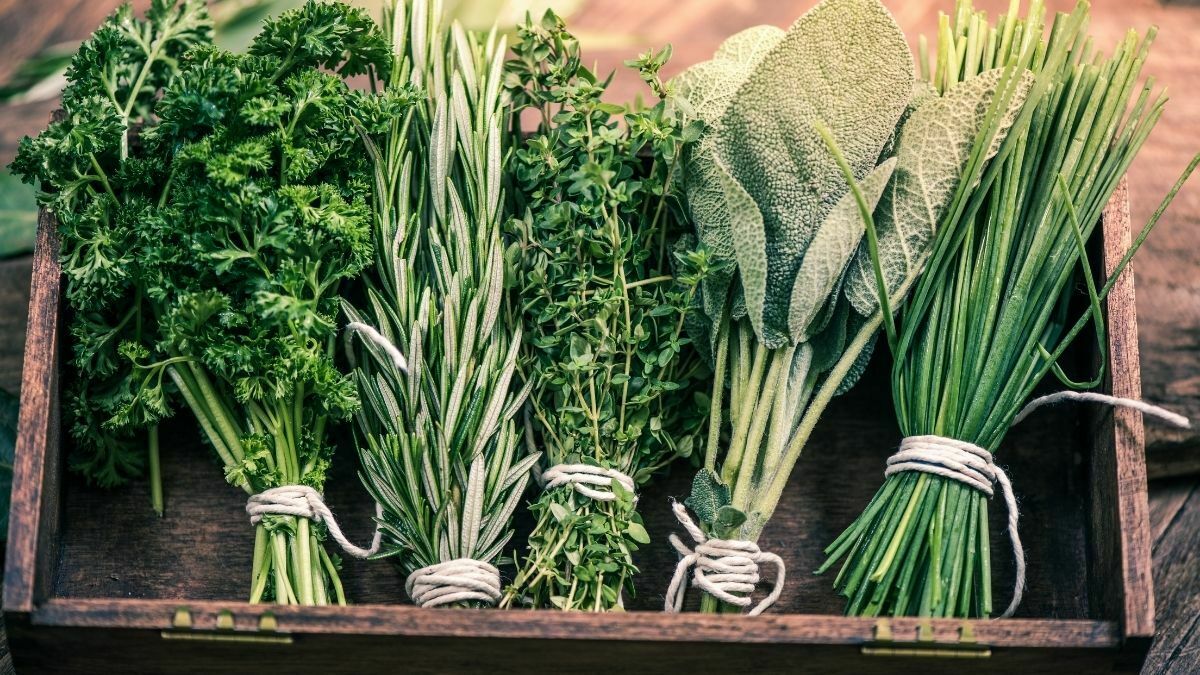
You can grow your own chamomile as a part of an herb garden, along with a couple of other plants, to send out an invitation to the Sand Man. Lemonbalm, basil, and sage are great for aiding sleep and are easy to incorporate into all kinds of recipes. Add them to sauces or use them to make your own tea. You can even crisp whole sage leaves in a skillet with a bit of butter or olive oil as a beautiful topping for pasta.
Tomatoes
What goes better with fresh herbs than home-grown tomatoes? Tomatoes are a great source of lycopene, another natural sleep aid that’s also good for the lining of your blood vessels. To increase the lycopene accessibility of tomatoes, cook them first in a sauce or roast them and add them to omelets, sandwiches, and salads.
If tomatoes aren’t your thing, you can also get lycopene from papaya and grapefruit. Don’t just limit these fruits to breakfast or dessert; they make fabulous toppings for those home-grown greens in your salads too.
Chickpeas
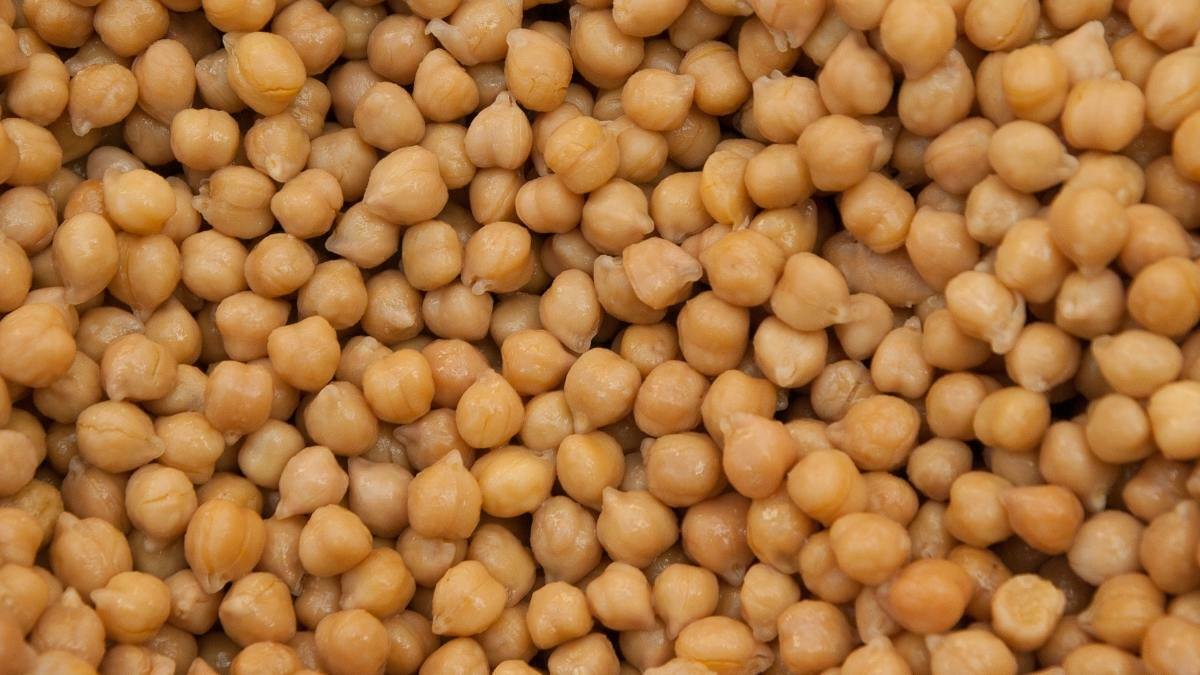
Chickpeas (AKA garbanzo beans) are another source of vitamin B6, which will help your sleep endurance and give you more energy during the day. You can add them as a whole to salads, crush them in falafel or puree them for hummus. They’re an excellent source of vegetarian protein and a staple in many parts of the Mediterranean and Middle East.
When your sleep quality is poor because of restless legs or leg cramps, you may be lacking in potassium. Bananas are a great way to get plenty of potassium. Try slicing one on your oatmeal or toast with nut butter. White beans, spinach, and potatoes in the skin are other top sources of potassium. If you work out, you definitely want to make sure that you get enough of this element.
While these foods help you sleep better, you should bear in mind try to avoid eating large meals right before bed. Watch your intake of alcohol, and remember that spicy foods can also make sleep difficult. These foods are all ideal for improving your athletic performance too, but make sure you get your workout in at least a few hours before you want to go to sleep. At bedtime, a few gentle yoga poses and a little meditation with your cup of tea, and you’ll be sawing logs in no time.
Bananas
If your sleep quality is poor because of restless legs or leg cramps, you may be lacking in potassium. Bananas are a great way to get plenty of potassium. Try slicing one on your oatmeal or toast with nut butter. White beans, spinach, and potatoes in the skin are other top sources of potassium. If you work out hard, you definitely should be making sure you get enough of this element.
While these foods are strong enough to help you sleep better, try to avoid eating large amounts of them right before bed. Watch your intake of alcohol, and bear in mind that spicy foods can also make sleep difficult. These foods are all ideal for improving your athletic performance too, but make sure you get your workout in at least a few hours before you want to go to sleep. At bedtime, a few gentle yoga poses and a little meditation with your cup of tea, and you’ll be sawing logs in no time.


